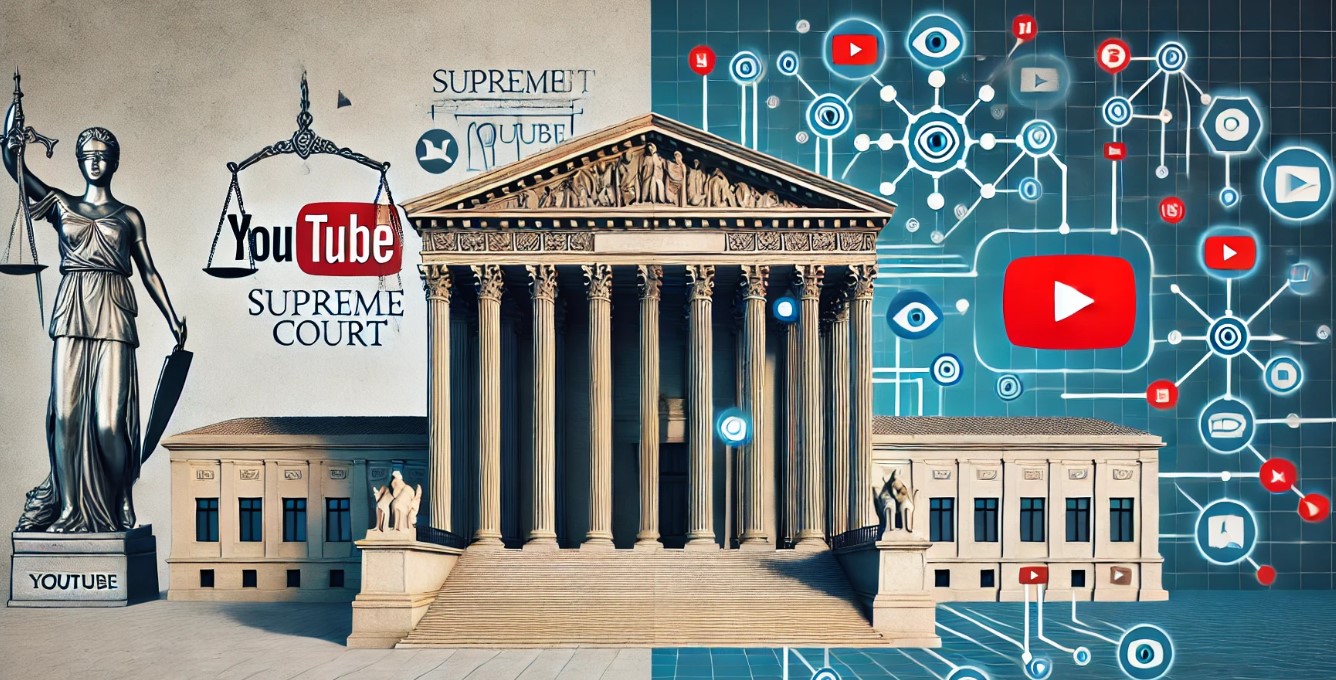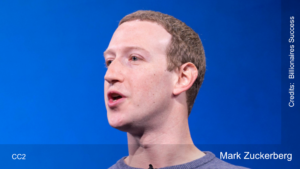The lawsuit argues that Google should take responsibility for content recommended by YouTube’s algorithm. The Guardian reported that this legal challenge could redefine the boundaries of Section 230 of the Communications Decency Act. This act currently provides immunity to online platforms from liability for user-generated content. See Google Could Argue
- Legal Challenge to Section 230 Protections: The lawsuit against Google aims to hold the company accountable for YouTube’s algorithm-driven content recommendations, potentially reshaping Section 230’s scope.
- Algorithmic Responsibility: Critics argue that YouTube’s recommendation algorithm amplifies harmful content, positioning Google as more than just a neutral platform; supporters of Section 230 reform see this as a needed step for accountability.
- Potential Industry-Wide Impact: A ruling against Google could lead to stricter content moderation policies across tech platforms, potentially limiting the diversity of online content and influencing global content regulations.
- Broader Implications for Free Expression: Changing Section 230 might bring more accountability but could also hinder innovation and free expression by increasing legal risks for content platforms.
Critics argue that YouTube’s algorithm amplifies harmful content by recommending it to users. They claim this practice makes Google complicit in spreading dangerous material. Google’s defense hinges on maintaining Section 230 protections, which they argue are crucial for the free flow of information online.
If the Supreme Court rules against Google, the decision could impact how tech companies manage content on their platforms. Companies might face increased pressure to monitor and regulate user-generated content more closely. This could lead to more stringent content policies and a reduction in the diversity of content available online.
Proponents of reforming Section 230 argue that platforms like YouTube have evolved beyond hosting content. They claim these platforms actively shape user experiences through algorithmic recommendations, making them responsible for the content they promote. Opponents of the lawsuit warn that changing Section 230 could stifle innovation and limit free expression on the internet.
The case has sparked widespread debate among legal experts, policymakers, and tech industry leaders. Some argue that the lawsuit could have far-reaching consequences, potentially affecting all social media platforms. Others believe that the case represents a necessary step towards greater accountability for tech companies.
The outcome of this case could also influence international regulations on online content. Countries worldwide grapple with balancing freedom of expression and the need to curb harmful content. A ruling against Google could prompt other nations to reconsider their own legal frameworks.
As the Supreme Court prepares to deliberate, tech companies are closely monitoring the situation. A decision could set a precedent for future legal challenges against online platforms. The ruling will likely have long-term implications for how companies approach content moderation and user engagement.
The potential changes to Section 230 protections underscore the evolving relationship between technology and society. As digital platforms play an increasingly central role in public discourse, the need for clear legal guidelines becomes more pressing. The Supreme Court’s decision could mark a pivotal moment in the regulation of online content.
Defending Section 230 Protections for Algorithmic Recommendations
Google could argue that maintaining Section 230 protections for algorithmic recommendations is essential for both the functionality of digital platforms and for upholding users’ ability to freely access diverse information online. Here are some key points that could support Google’s case:
- Algorithms as Tools, Not Editors: Google could emphasize that YouTube’s algorithms function as organizational tools, aimed at efficiently connecting users with content they might find relevant, rather than editorial decisions that directly endorse specific content. Just as search engines retrieve a wide variety of content without endorsement, recommendation algorithms use data-driven processes to deliver content to users, based on their individual interests, browsing history, and preferences. This tool-based organization helps users find information effectively in a digital landscape where millions of videos are uploaded daily.
- Impact on Free Speech and Innovation: Section 230 has long enabled the internet to be a space where diverse viewpoints and independent creators thrive. Google could argue that a restriction on recommendation algorithms would deter platforms from hosting user-generated content out of fear of liability. Smaller platforms, in particular, would face increased costs of compliance, limiting competition and innovation in the tech industry. Users’ ability to access a wide range of information and viewpoints would be curtailed as platforms become more cautious about the content they recommend.
- Precedent for Intermediary Protections: Google could reinforce that the distinction between content hosting and content creation is fundamental to Section 230. Courts have consistently held that intermediaries are not liable for user-generated content because they do not control the creation of that content. Algorithms are a method of organizing third-party content, not producing or altering it. A ruling that holds algorithms liable would set a precedent for holding platforms responsible for other organizing tools, such as search or sorting features, thus extending liability to nearly every form of content curation.
- Practical Challenges in Content Moderation: If platforms are required to review or restrict recommended content, the scope of content moderation needed would increase dramatically. Google could argue that this expectation is impractical, particularly given the volume and speed of content creation online. Platforms would be incentivized to limit or remove many types of user-generated content preemptively to avoid legal risks, leading to over-censorship and undermining the original purpose of Section 230 to facilitate free expression.







Be First to Comment